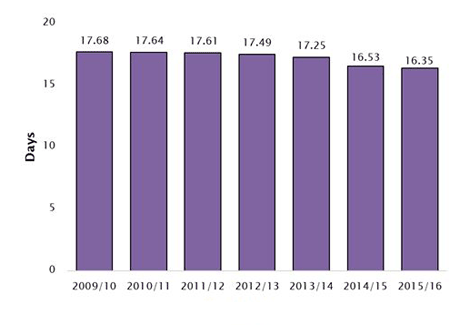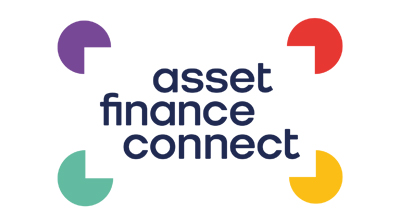Payment times to suppliers by local councils have remained persistently high in the past year, according to the Asset Based Finance Association (ABFA), the body representing the invoice finance and asset-based lending industry in the UK and the Republic of Ireland.
It says the national average has dropped just 1% from 16.53 days in 2014/15 to 16.35 days in 2015/16, based on a year-end of March 31.
But many local authorities are failing to pay their suppliers within the 30-day period mandated by the Late Payment of Commercial Debt Act, which came into force in March 2013.
According to the results of Freedom of Information Requests made on behalf of the ABFA, both Peterborough and East Renfrewshire, Scotland take 38 days on average to pay suppliers, while Richmond upon Thames takes an average of 36 days.
The ABFA explains that it is often SME suppliers who will be worst hit by delays in payments.
Contractors and suppliers who work for local councils are often small businesses, who could find that late-paid invoices restrict their cashflow, in some cases threatening their stability.
Jeff Longhurst, ABFA chief executive, said: “Many SME contractors and suppliers are vulnerable to damage in their cashflow, as local councils lag behind on their payments.
“Some progress has been made but public sector organisations should be acting as examples for the private sector to follow. Central government has procedures in place to try to ensure prompt payment to their suppliers - who are often larger companies - but local councils are still dragging their feet.”
He warned that SME subcontractors are often hit twice by late payments, both from the local council and the main contractor.
Longhurst added: “As the last link in the chain, they can end up waiting for months for payment.
“Progress in the time taken for local councils to pay their contractors and suppliers has been glacial, falling just one day since 2009. Local authorities should be making sure they look after SME contractors at every step of the process and should be looking to improve payment times at a faster rate.”
Invoice finance can be vital to SME suppliers and contractors who are receiving payments late, the ABFA says.
Invoice finance allows businesses to receive up-front advance on their unpaid invoices, regardless of the time customers take to pay.
Longhurst added: “Slow payments from local councils should not cause a roadblock for SME businesses’ potential for growth. Small businesses should be aware of all avenues they can explore for funding, including using unpaid invoices to their advantage, by borrowing against them.”
ABFA members include UK and Irish high street banks, specialist and challenger banks, the specialist businesses of some international banks and large corporates, and a number of independent non-bank finance providers.
Named and shamed: UK council’s with longest payment times
| Rank | Local Authority | Payment dates in 2015/2016 |
|---|---|---|
| 1= | Peterborough | 38.0 |
| 1= | East Renfrewshire, Scotland | 38.0 |
| 3 | London Borough of Richmond upon Thames | 36.0 |
| 4 | Suffolk Coastal | 34.2 |
| 5 | Bromsgrove, Worcestershire | 32.8 |
| 6 | Waveney, Suffolk | 32.7 |
| 7 | Norwich City Council | 32.3 |
| 8 | Forest Heath & St Edmundsbury | 30.1 |
| 9= | Oadby & Wigston, Leicestershire | 30.0 |
| 9= | Stirling, Scotland | 30.0 |
| - | UK average | 16.4 |
Source: ABFA
Average local council payment timescales

Source: ABFA







